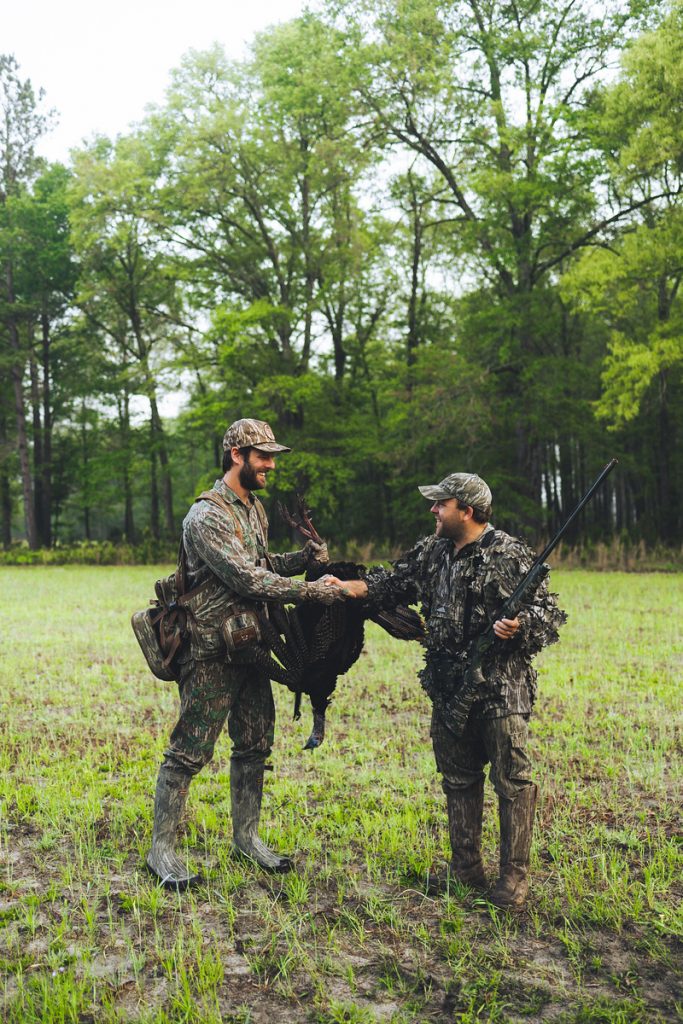Vermont Sportsmen and Women Rally to Defeat Anti-Hunting Bill
EDGEFIELD, S.C. –- NWTF members and Vermont’s broader sporting community rallied to shut down S. 258, a bill that would have dismantled the current framework of the Vermont Fish and Wildlife Board and would have allowed for the introduction of board members who are philosophically opposed to hunting, trapping and the North American Model of Wildlife Conservation.
The NWTF collaborated with the Congressional Sportsmen Foundation and the Vermont Traditions Coalition. Together, they utilized various community outreach tactics to inform the public and call for action. Specifically, the NWTF utilized action alerts on Voter Voice, a communications tool that enables constituents to directly contact their representatives and express their stance on a policy issue. This directly contacted legislators to oppose the bill, which was antithetical to effective wildlife management in Vermont.

“You could see our efforts having an effect as the bill kept being revised as the sporting community was contacting their representatives,” said Matt DiBona, NWTF district biologist for New England. “Each revision was trying to reconcile the bill with our concerns and, luckily, the bill did not pass through to the house and eventually floundered into obscurity, for now.”
The Vermont Fish and Wildlife Board is comprised of longtime hunters and anglers who vote on and enact fish and wildlife regulations. The board works in synchrony with the Vermont Fish and Wildlife Department and makes its decisions based on the science provided by the agency. S. 258 sought to unnecessarily change the composition of the board to include non-hunters, reduce the board from policy-enacting to advisory-only and altogether ban science-backed coyote hunting within the Green Mountain State.
“This bill is a stark reminder that, as sportsmen and women, we need to be vigilant,” DiBona said. “There are always people trying to upend science-based wildlife management in favor of their political viewpoints. Hunter-conservationists and the North American Model of Wildlife Conservation have accomplished so much in Vermont, and we seek to keep it that way.”
The wild turkey was extirpated entirely in Vermont in the mid-to-late 1800s. The stalwart hunter-conservationists, working in unison with the VFWD and the Fish and Wildlife Board, worked diligently to restore our favorite game bird to thriving populations within Vermont, efforts that have also benefitted many non-game species. Learn more about Vermont's remarkable wild turkey restoration story.
About the National Wild Turkey Federation
Since 1973, the National Wild Turkey Federation has invested over half a billion dollars into wildlife conservation and has positively impacted over 23 million acres of critical wildlife habitat. The NWTF has also invested over $9 million into wild turkey research to guide the management of the wild turkey population and to ensure sustainable populations into perpetuity. The organization continues to deliver its mission by working across boundaries on a landscape scale through its Four Shared Values: clean and abundant water, healthy forests and wildlife habitat, resilient communities, and robust recreational opportunities. With the help of its dedicated members, partners and staff, the NWTF continues its work to provide Healthy Habitats. and Healthy Harvests. for future generations.
